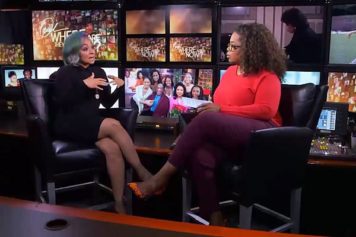
Rashida Jones cited “creative and philosophical differences” as the reason for her Pixar departure. (Earl Gibson III/Getty Images)
Rashida Jones, daughter of media mogul Quincy Jones, has set the record straight about why she walked away from her writing role on “Toy Story 4.” The actress clarified Tuesday that it was not because of an unwanted advance from the head of Disney Pixar but a lack of diversity.
“We did not leave Pixar because of unwanted advances. That is untrue,” the statement obtained by Variety from Jones and her writing partner Will McCormack read. “That said, we are happy to see people speaking out about behavior that made them uncomfortable. As for us, we parted ways because of creative and, more importantly, philosophical differences.”
Pixar COO John Lasseter announced in a memo Tuesday that he was taking a six-month sabbatical and apologized for giving anyone “an unwanted hug or any other gesture” that crossed the line.
But for Jones and McCormack, one of the reasons the duo was concerned about was the lack of opportunities for Black people. They did not leave because Lasseter made an unwanted advance, as sources claimed to The Hollywood Reporter.
The Hollywood Diversity Problem
Hollywood Still Has a Diversity Blind Spot When It Comes to Leading Roles
Rising Number of Discrimination Lawsuits Highlights the Lack of Diversity In the Media
ABC Hopes to Increase Diversity With New Production Deals With Kerry Washington and Viola Davis
“There is so much talent at Pixar and we remain enormous fans of their films,” the statement said. We encourage Pixar to be leaders in bolstering, hiring and promoting more diverse and female storytellers and leaders. We hope we can encourage all those who have felt like their voices could not be heard in the past to feel empowered.”
Jones statement highlights the importance of representation in film, which is still lacking. A study from the University of Southern California released in January noted of the 1,000 top-grossing films of the past decade, none were directed by Black filmmakers.
However, there is a spark of hope on the horizon. The upcoming Ava DuVernay-directed, “A Wrinkle In Time,” will mark the studio’s first film helmed by a Black director when it is released in 2018.


